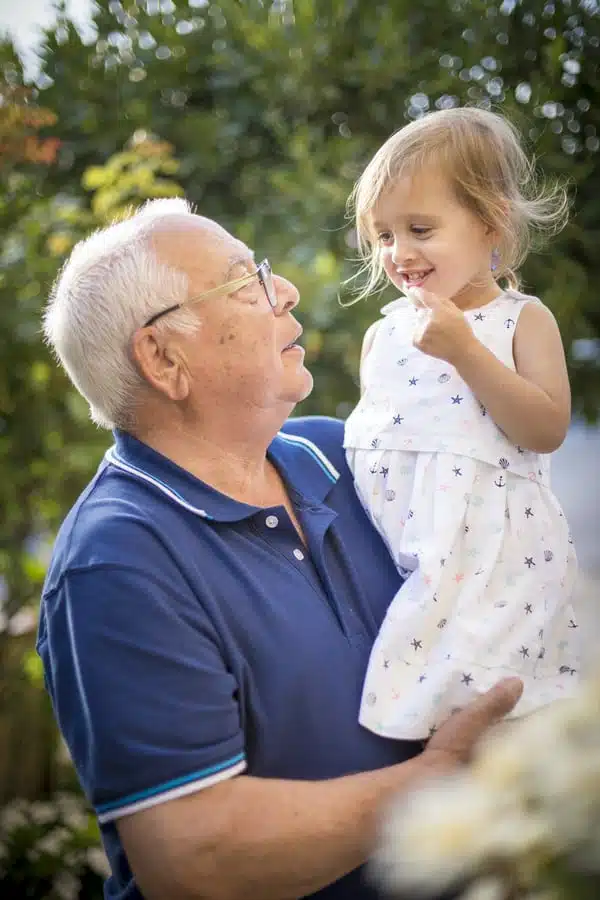Vulnerable children living in kinship care are missing out on specialist support for long-term physical and mental health conditions, according to the charity Kinship.

Children in kinship care have often developed the physical or mental health problems after experiencing trauma or abuse previously. Unlike children in foster care, children in kinship care do not undergo a formal health assessment before or while living with carers. This can mean opportunities to refer children for counselling or to Child and Adolescent Mental Health Services (CAMHS) are missed.
Almost a third (30%) of kinship carers felt their children were not getting the support that they needed, according to a survey by Kinship.
Dr Lucy Peake, chief executive of Kinship, said: “The children growing up in kinship care will have faced similar childhood traumas as those in foster care or adoption, yet the support to help them cope with their experiences and to thrive in the future is missing. Instead the grandparents, aunts, uncles, siblings or family friends who step in to take care of them are faced with huge responsibility with little help."
There are estimated to be over 200,000 children in the UK being raised by family or friends due to their parents being unable to care for them for a variety of reasons. The charity carried out a survey with 1,651 kinship carers.
According to the carers responding to the survey, many of the children they were bringing up had suffered neglect (49%) or abuse (13%) or had lived with domestic violence (34%).
The survey found:
- Almost two thirds (62%) of respondents believed that their children had long-term health needs (an increase from 46% in the charity’s 2010 survey)
- However, only 33% of children had received a formal diagnosis.
Of those that had a formal diagnosis:
- 40% had been diagnosed with anxiety or depression
- 38% with behavioural issues
- 38% with an attachment disorder
- 36% had special educational needs – three times the national average of 12%.
Currently kinship carers, who are typically grandparents (65% of those surveyed were aged between 55 and 85), are not legally entitled to an allowance to cover the costs of raising someone else’s children in the same way foster carers are. In the survey 70% of carers said they did not receive adequate support from their local authorities to help raise their children.
Kinship carers tend to be older, in poorer health, insecurely housed, socially isolated and living in poverty than other carers of children. Over one-third said that they have support needs of their own.
The COVID-19 pandemic has also exacerbated the pressures on many of these families. Sixty four percent of carers reported that the COVID-19 restrictions had a negative impact on their children’s physical and mental wellbeing. This has increased from 51% in the 2020 annual survey. Furthermore, 22% say the support offered by their local authority has decreased because of COVID.
Dr Lucy Peake added: “Kinship carers are doing the right thing – keeping children out of the care system. Ninety-six percent of kinship carers told us their children would be living with them permanently. This generosity must be matched with guaranteed access to the financial and practical support they and the children they are caring for urgently need.”


